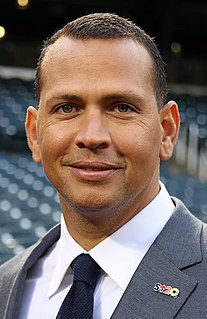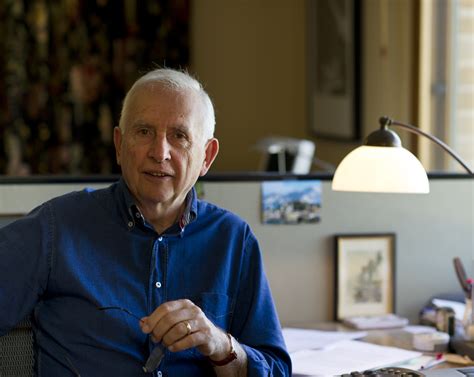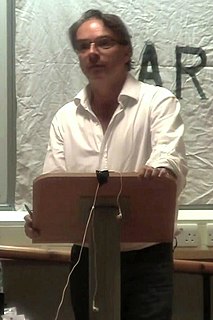A Quote by Henry Jenkins
Participatory culture shifts the focus of literacy from one of individual expression to community involvement.
Related Quotes
The good society was, like the good self, a diverse yet harmonious, growing yet unified whole, a fully participatory democracy in which the powers and capacities of the individuals that comprised it were harmonized by their cooperative activities into a community that permitted the full and free expression of individuality.
While a great many other ideas and measures are of prime importance for the good life of the community, that which concerns its architectural expression is the notion of the community as limited in numbers, and in area... To express these relations clearly, to embody them in buildings and roads and gardens in which each individual structure will be subordinated to the whole - this is the end of community planning.
Participation in the collective life of the polis both restrains the extraordinary individual and enlarges the ordinary individual, allowing him to participate in the extraordinary. An individual can achieve participatory excellence via the accomplishments of the polis and need not always be caught up in the agnostic struggle to outdo his peers.
The link between literacy and revolutions is a well-known historical phenomenon. The three great revolutions of modern European history -- the English, the French and the Russian -- all took place in societies where the rate of literacy was approaching 50 per cent. Literacy had a profound effect on the peasant mind and community. It promotes abstract thought and enables the peasant to master new skills and technologies, Which in turn helps him to accept the concept of progress that fuels change in the modern world.


































